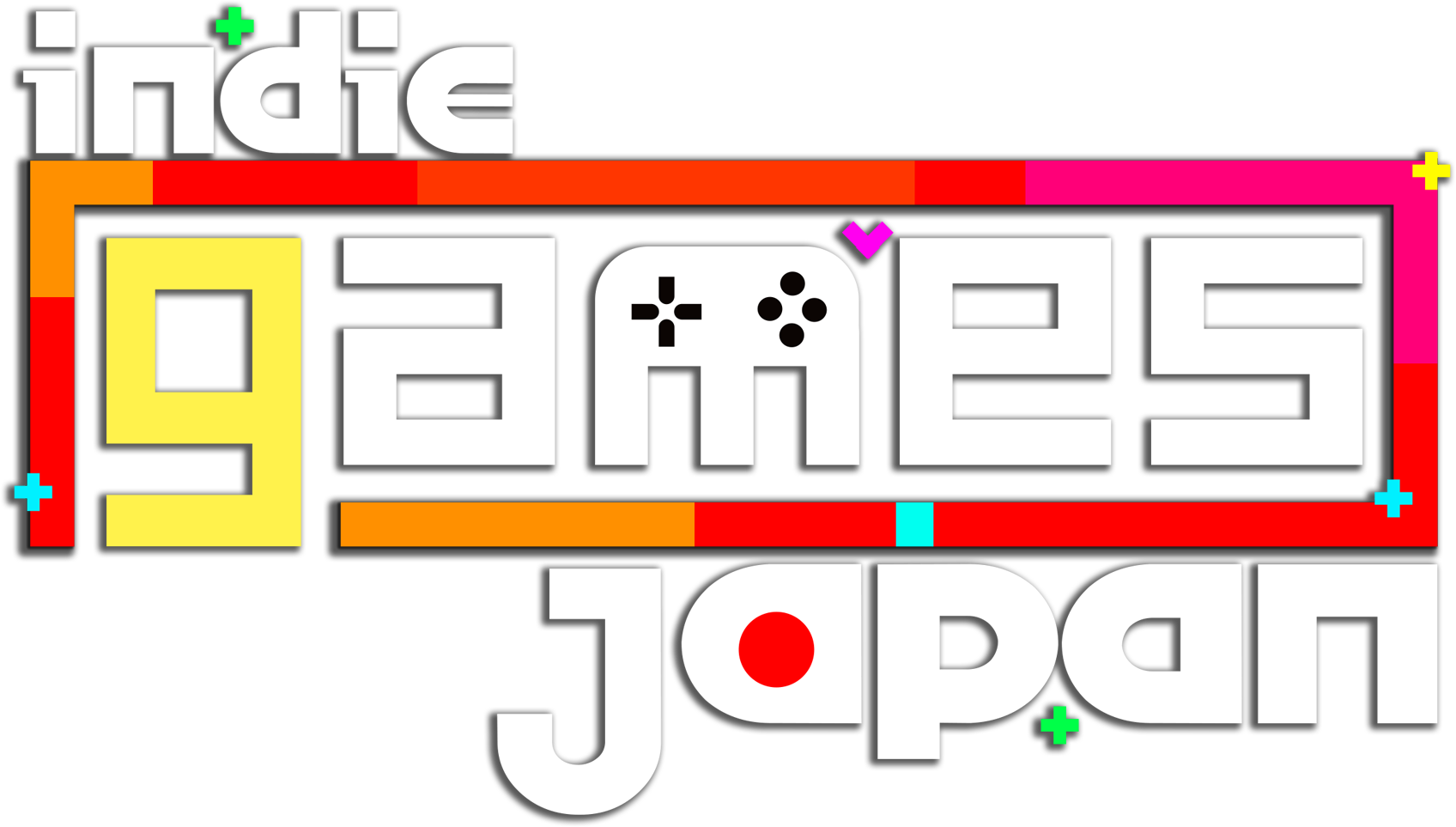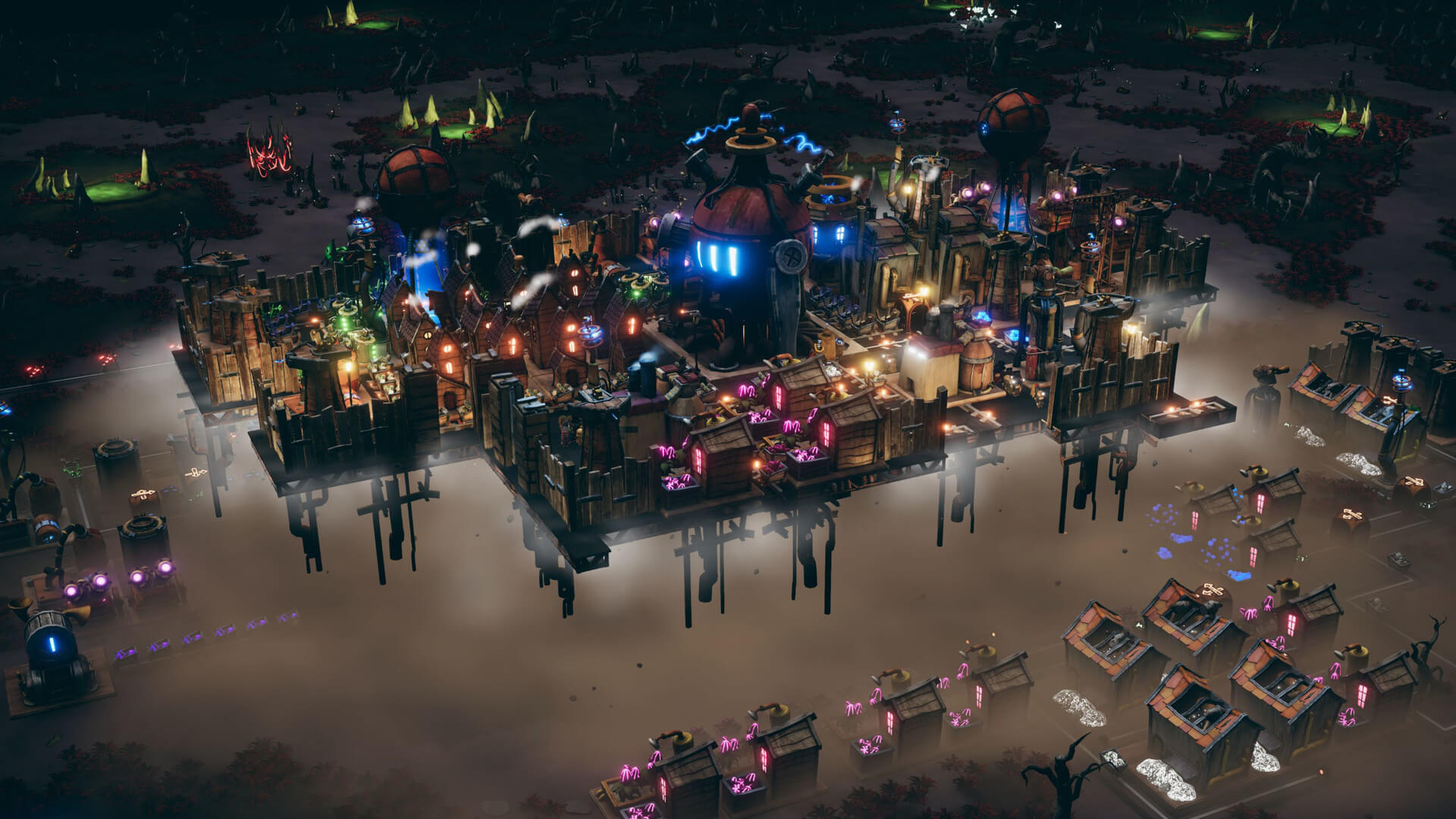皆さまは海外インディ開発者のゲーム開発について気になることがあるでしょうか?今回当サイトは海外インディ開発者にインタビューを実施させて頂き、「Dream Engines: Nomad Cities」のデベロッパーからいくつかの質問について回答を頂きました!
また、鋭意アップデート中の「Dream Engines: Nomad Cities」のゲーム概要について知りたい方はこちらへどうぞ。
それでは、翻訳した回答を見ていきたいと思います!
1.「Dream Engines: Nomad Cities」 の開発で最も困難だったことは何ですか?また、それをどのように克服しましたか?
大変なことはたくさんありましたが、あえて挙げるとすれば、長年の努力が成功に繋がるかどうか、あるいは費用をまかなえるかどうかわからないという不確実性です。これをそのまま受け入れる以外に確実に克服方法はありませんが、失敗するリスクを軽減する方法はあります。例えば、イベントに参加したり、可能な限りゲームを公開し、市場の反応を見たり、プレイテストをしてプレイヤーの反応を見たりすることで、自分が開発しているものが成功する可能性があるかどうかをよりよく把握することができます。
2.あなたはどうのように「Dream Engines: Nomad Cities」がアーリーアクセス版としてリリースできると判断しましたか?
プレイテストがそのカギとなります。まず、私たちは友人や地元の集まりでプレイテストをしてもらいました。もちろん、チーム内でもプレイテストをし続けました。そして、いい感じになってきたところで、有料のアルファ版プログラムを開始しました。まだアルファ版の段階で、Steam以外のプラットフォームでゲームを販売しました。それが数百人の熱心なテスターがゲームをやりこみ、非常に貴重なフィードバックや洞察を提供してくれることに繋がりました。また、数人の実況・配信者にもアルファ版へのアクセス権を送り、彼らがオンラインでプレイする様子を見て、さらに多くの改善すべきところを知ることができました。そして、アルファ版でしばらくの間、いくつかのアップデートを行い、多くのフィードバックを得た後、私はこの池を出て、SteamやEpicでのアーリーアクセスという大海原へと向かう時が来たと判断しました。もちろん、このゲームはまだ完成していませんし、ネガティブなフィードバックもありましたので、まだまだこれからです。
3. あなたはどのように発売前のプロモーションを行いましたか?
可能な限りの方法で行いました。私はゲームの発表とプレスリリースから始めましたが、幸運にもいくつかの大手出版社の目に留まり、Destructoid、PCGamer、RPSで発表トレーラーの記事が掲載されました。また、2020年から2021年にかけて多くのイベントがオンラインで開催されたため、私はできる限りすべてのイベントに応募しました。そのうちのいくつかがSteamで特集され、ウィッシュリストが増えることに繋がりました。その他、Steam独自のフェスティバルも重要でした。最後になりますが、私たちが開発した「Judgment: Apocalypse Survival Simulation」を購入してくれた何十万人ものプレイヤーに向けても多くのクロスプロモーションを行いました。
4.「Dream Engines: Nomad Cities」の予算はどのように確保しましたか?あるいは、開発中に予算の問題をどのように克服しましたか?
「Dream Engines: Nomad Cities」の資金は、創業者である私自身の貯金と前作の利益で賄いました。開発期間が長い(アーリーアクセス版まで3年以上)ので、決して楽ではありませんでしたが、チームを小さくすることで経費を抑えることができました。
5.「Dream Engines: Nomad Cities」のローカライズに使用する言語を選ぶ際の主な決め手は何でしょうか?
主に経験に基づいて決めました。2作目ということもあり、どの言語がプレイヤー数の増加に貢献し、どの言語があまり影響を与えなかったかはすでに分かっています。さらに、私たちがローカライズで使ったことのない言語については、何人かのインディ開発者の仲間に相談しました。最終的には、言語を追加するコストや手間をかけても、それをカバーできる新規プレイヤーや売上が得られるかどうかを判断しなければなりません。インディ開発者にありがちなことですが、自分がやりたいことをやるだけではなく、やりたいことの中で時間やお金を使ってでも、できることの優先順位を決めることが重要です。やりたいことがあまりにも多いし、リソースも限られていますので、すべてをやるのは不可能でしょう。
6.インディ開発者たちに何かアドバイスはありますか?
私はいつも皆さんが作ってプレイしたゲーム作りの熱意をビジネス上の考慮・検討事項にも紐付けるようにアドバイスしています。作っているゲームはコンセプトから開発全体まで自分が楽しんでモチベーションを維持できると同時に、適切なビジネスプランと市場分析に裏付けられるように事前に考えておくことが重要です。このゲームはどうやって売るのか?トレーラーはどんなものにするか?ゲーム概要はどう書くか?Steamで膨大なインディゲームの中で目立つぐらいの面白さがあるのでしょうか?どうやってゲームをプレスや配信・実況者にアピールするのか?他のゲームよりも興味を持ってもらえるでしょうか?これらの質問には、プロトタイプを作り始める前に答えておく必要があります。なぜなら、今答えられなければ、後になっても答えられないでしょうし、何年も掛けて作ったゲームが、売れなくなってしまうかもしれないからです。
もう一つのアドバイスとして、それを小さな規模で始めることです。市場に出るまでに何年もかかるようなプロジェクトは始めないことです。ほとんどのゲームは、残念ながら大失敗に終わりますので、あなたのゲームが失敗したとしても、次のゲームにつなげられることが重要です。やればやるほど勉強になりますし、成功する確率も高くなります。1作目に全部のリソースを尽くさず、長期的に考えましょう。
これらの回答から経験とゲームのプレイテストの重要性が見られますね。
次回も更なる海外インディ開発者にインタビューするのでお待ちください!
今回ご協力いただいた「Dream Engines: Nomad Cities」はこちらからプレイ出来ます!







コメント